Are you worried about the low-pressure problem in your house? If yes, then hard water could be one of its root causes. Moreover, you will also be more likely to experience skin disorders due to hard water, such as dry skin and skin irritation. Remember, hard water can not only damage your household appliances but can also put your health at risk. However, the solution for hard water is quite simple and easy. This article will discuss some practical ways to convert hard water to soft water with all the relevant information.
Table of Contents
How to Know If You Have Hard Water?
As we have also discussed earlier, hard water contains excessive minerals such as calcium and magnesium. However, if you want to know if you have hard water in your house or not, then you will have to check a few common signs for it.
- Minor spots of hard water on glassware after wash.
- Water spots on bathroom mirrors.
- Residue on showerheads.
- Residue on faucets that can be scratched off with fingers.
- Rusting in pipes and other household appliances.
- Incomplete cleaning of clothes.
- Soap or shampoo doesn’t get dissolved easily with hard water.
- Dark brown or reddish spots on the toilet.
- Low water pressure in the house.
- Increased skin problems such as itching, dry skin, and irritation.
- DIY water testing kits can also be used to diagnose hard water problems.
The Negative Effects of Hard Water
Apart from the signs mentioned above of hard water, there are also some other negative effects of hard water. These are the following potential issues that can be caused by hard water.
Plumbing Issues
As we all know that hard water contains a lot of minerals, these minerals can build up in the pipes and make them clogged. Due to this clogging, you may need to replace the pipes after some time due to reduced water pressure. Moreover, hard water can also cause rusting in the pipes which leads to damage.
Extra repair costs and increased bills
Hard water can cause several plumbing issues that we have discussed earlier. These plumbing problems can cost you hundreds of dollars and increase water bills. It’s one of the major negative effects of hard water, which can cause a lot of inconveniences.
Skin Problems
No one wants to compromise on health, especially when it comes to skin. Hard water can trigger many skin conditions, such as dry skin and skin irritation. Moreover, it can also damage hair by promoting hair loss.
Faded Clothes
You may need a longer cleaning time while washing your clothes in the washing machine with hard water. Moreover, the clothes washed with hard water are often not impressively clean compared to those washed with soft water.
Poor cleaning of dishware
Spotty dishware is quite annoying because no one would like to eat using dirty dishware. Hard water can cause these small issues that can create a lot of hassles for you while washing dishware.
Check Out: Effects of Hard Water on Human Health, Hair & Skin
How to Make Hard Water Soft?
Hard water is classified into permanent hard water and temporary hard water. The permanent hard water is quite difficult to convert into soft water. However, temporarily hard water can be easily converted to soft water with a few simple steps.
Ion Exchange Water Softeners
Using a top-rated water softener that uses ion exchange technology can easily convert hard water into soft water. It’s based on a chemical reaction between calcium and magnesium with sodium ions. The hard water is then passed into resin beads that are negatively charged to attract positively charged calcium and magnesium particles.
Boiling
Boiling hard water can also do wonders when it comes to removing the hardness of the water. After boiling the water, you need to wait until it cools down completely, and then minerals will be settled automatically at the bottom. However, don’t forget that this method only works for temporary hard water.
Baking Soda & Vinegar
It’s one of the ancient techniques to remove the hardness of the water. We all know that baking soda is alkaline in nature while vinegar is acidic. These two compounds can remove the scale build-up caused by the minerals. However, you have to add both of these ingredients according to the quantity of water.
Check Out: Top-Rated Water Softener Shower Head Reviews
Frequently Asked Questions (FAQs)
1. How do you convert hard water to soft water naturally?
You can boil mineral-contained water and leave it to cool down. The white deposits (reside at the bottom) will settle down and you can separate the pure water into another container. This water is best for drinking. However, the taste of that pure water will be different so you can pour that water back and forth between two containers i.e. re-oxygenating the water. After that, the taste will be improved.
In another way, adding one tablespoon of distilled white vinegar for every three cups of hard water also convert that hard water into soft water. White vinegar is acidic. This easy method helps a lot in the laundry. However, you can also add baking soda for getting better results. Both baking soda and vinegar remove the scaly buildup, which is caused by the minerals present in hard water.
2. Does Epsom salt soften hard water?
Epsom salt has a variety of uses around the home including pain relief, discomfort, and stress reduction. However, Epsom salt(magnesium sulfate) softens hard water by adjusting the pH of your water. It is effective in cleaning hard water stains by using it with baking soda. Whether it’s your faucet, shower, or bathroom, an Epsom salt solution makes them new by removing stubborn stains.
3. Does baking soda soften water?
Baking soda does not chemically soften water. But it makes the water smooth and feels softer to the skin and hair. Baking soda is also known as sodium bicarbonate. Washing soda, sodium carbonate, chemically softens the water. To try this method, add half a cup of baking soda to a container of water and soak in the bath for about 15 minutes. It will reduce the hardness of the water in the bath.
4. Does pink solution work on hard water stains?
The pink solution works effectively on hard water and removes stubborn stains. This solution will clean everything from hard water stains in the shower or faucets, to baked-on grease in a self-cleaning oven. Its enzyme cleaner nature cleans everything after mixing with water.
Check Out: Top Hard Water Testing Strips in 2022
Final Words
We hope you have successfully learned these useful ways to convert hard water into soft water. Remember, we have tried to explain multiple ways, and each has its application. You can choose the best way as per your requirement to remove the water hardness. The most professional and recommended way to deal with hard water is to install a reliable water softener system to your whole house water supply. In this way, you can get soft water every time without any restriction or doing any hassles.

Steve Smith is a United State Licensed Plumber with over 18 years of plumbing experience. Steve has conducted residential and commercial plumbing jobs throughout the state and currently works for one of California’s largest plumbing companies. When he’s not working, Steve enjoys spending time with his daughter and son.
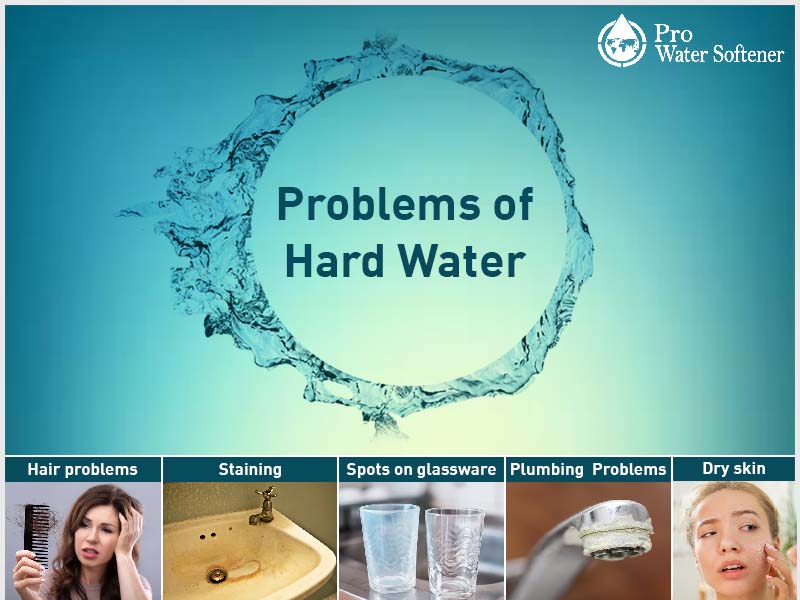
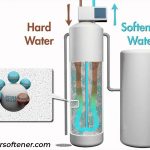

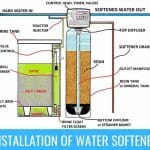

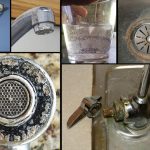

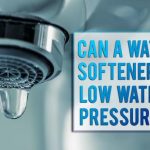
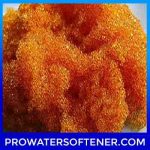
Leave a Reply